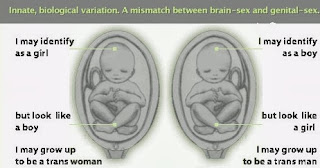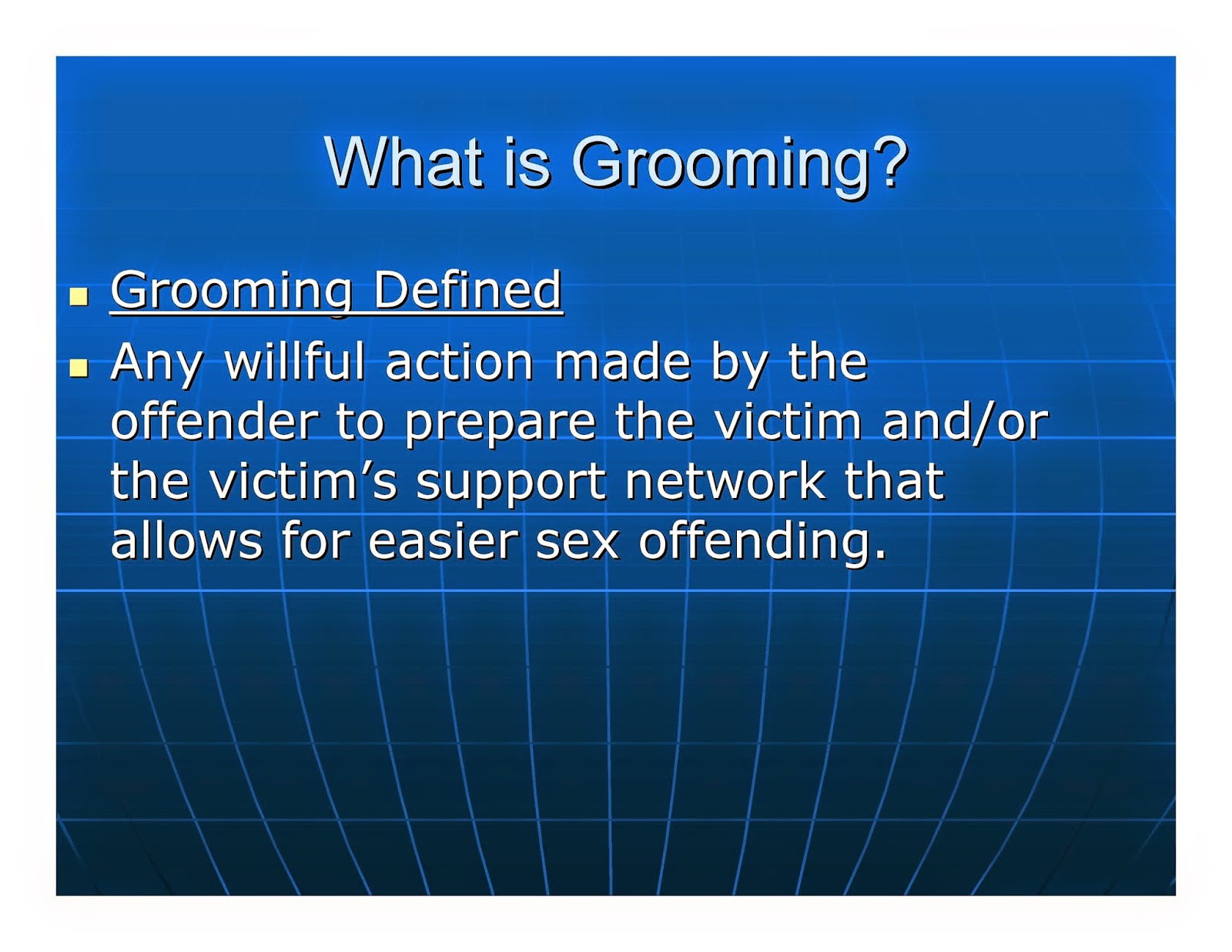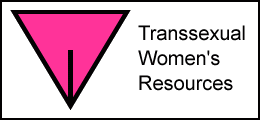Visit LONGBENCH'S BLOG for more
Well, I didn’t like the answers I found in yesterday and today’s Gleaner, so I wrote the following letter:
To the Editor:
It is deeply problematic that the violence against Christopher Sukra in Westmoreland would provoke a need for Gleaner editors to call for “draw[ing] the line against sexual depravity”, despite the numbers of women’s and girls’ who have been similarly brutalized and used as fodder for newspaper and tv reportage over the past several months.
Similarly, the sexism and deep-seated and destructive hatred of homosexuality that pervades this society, and which drove many in 2006 to argue against changing the definition of rape in order to prevent the recognition of homosexual sex between men, are the same social prejudices that Orville Taylor invokes in his column, telling us to see the crime against this and other boy children as different from and more serious than rape because it was “capped by the awful act of sodomy.” Even after that 2006 debate, we have people pandering to the notion that some kinds of sexual violence are more important than others, based on which sexual acts were deemed acceptable. Apparently, rape is about sex after all.
I am left wonder how many dead and dismembered girls and women will it take for that symbolic line in the sand to be crossed, where what is done to them is not registered as normal and acceptable, but rather a form of violence as well? Both Taylor’s column and the editorial tell us, albeit not in so many words. When the crime is committed against girls and women, the problem is too “complex” to sort out. On the other hand, the rape and murder of a boy is as an issue of “sexual propriety”, the violence being that a man was the perpetrator and a boy the victim. Furthermore, the problem is not related to diffuse social types called “monsters” but have nameable perpetrators and actionable behaviours. We can now focus on “big men, middle-aged and elderly” who commit sexual violence against children. Isn’t it amazing what it takes to get beyond the emotionality, moral outrage and speechifying about “our children”, and directly to issues of public policy?
Contrary to the editors’ backhanded defense of their claim, it is absolutely true that there is carte blanche permission for men to violate women and girls in Jamaican society. The evidence is in how girls and women move in this society. We know this violence and experience this everyday, to the extent that many of us don’t interpret what is done to us as violence; it is jus’ an everyday ting, as ordinary as buying a Mother’s patty.
And yet, for many of us, it is not entirely surprising that denial of the real motivations and consequences of violence against women and girls would rears its head in how opinion-makers choose to interpret similar victimization of boys as somehow worse and therefore cause for action. These stances confirm what Jamaican women and girls know intuitively: that we are not [ever?] going to get justice through the courts; and that the men who violate the little-known rules know that they will almost always get away with rape and murder; and that our silence will not protect us from being victimized all over again. Just look at the history of rape trials in this society, and even in the past few months, for amazingly powerful evidence that shows how the sexism regularly enables and endorse rape and violence against women and girls.
The deep-seated sexism and hatred of homosexuality are closely related, and we should not take comfort in one or the other; both do us a disservice, from how we make sense of these cases, to how we act to protect our children. Perhaps if our political leaders had demonstrated the moral leadership and courage necessary to draw the lines against those social prejudices, Keturah Bennett, Nordia Campbell and many would still have their children.
Shortages of doctors and drugs bedevil LGBT+ Haitians — and everyone else
-
Medical personnel flee to Miami. They can afford the $1,000 flight As
Haiti endures chaos, shortages, inflation and gang warfare, the LGBTQ
community ...
3 hours ago





























.mkv_000108708.jpg)
.mkv_000109059.jpg)
.mkv_000113988.jpg)
















+(Light).jpg)







































No comments:
Post a Comment